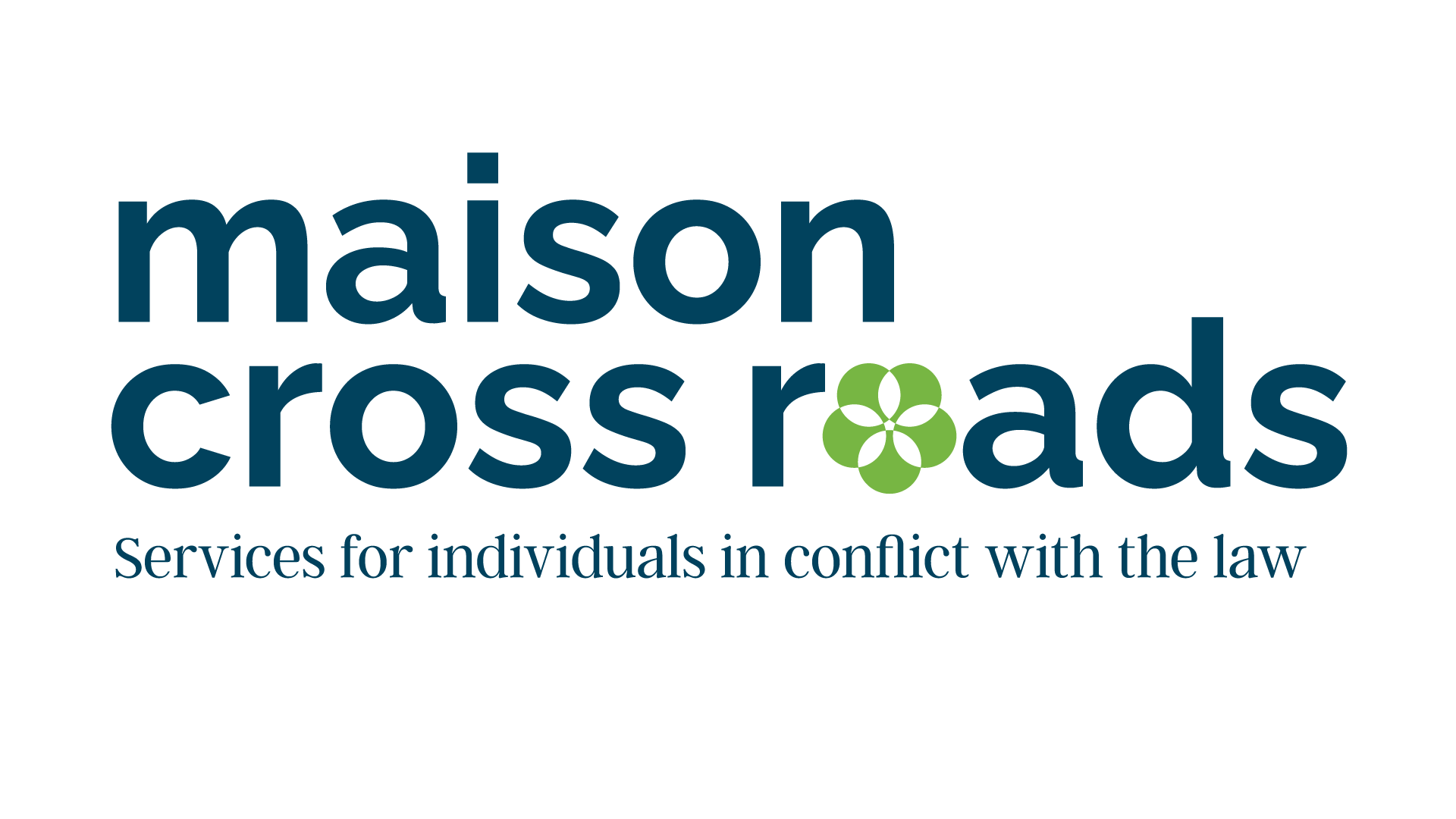About us

Our mission

Our Goals
- Promote the autonomy and accountability of individuals involved in the justice system, enabling them to adopt behaviours that contribute to their social and community reintegration.
- Offer services and programs approved by the board of directors that promote the prevention of recidivism among individuals involved in the justice system.
- Promote and implement programs and services that contribute to the improvement of community correctional practices.
- Raise community awareness of the realities and issues facing individuals in the justice system.
- Identify the social, demographic, and ethnic needs of individuals in the justice system and develop appropriate services to address these needs.
- Offer a specialized intervention approach for elderly individuals in the justice system.
Our history
The non-profit organization Maison Cross Roads (originally Maison Cross Roads de la Société St-Léonard de Montréal) was created in 1984 to support individuals involved in the justice system.
While it initially offered assistance mainly to English-speaking individuals in conflict with the law in the western part of Montreal, this changed quickly when Maison Cross Roads agreed to deliver its services in both official languages. The organization now provides its services to individuals in conflict with the law in the greater Montreal area, the rest of the province and across Canada.
It quickly became recognized as a necessary resource, offering a range of residential services and social reintegration services often praised by its partners in the Canadian correctional system (Correctional Service of Canada) and community resources working in the same field.
Timeline
1984
Creation of Maison Cross Roads, initially under the name Maison Cross Roads de la Société St-Léonard de Montréal

1986
Its main objective is to support the social reintegration of individuals released from federal penitentiaries. Housing and programs are offered to inmates on day parole, full parole, statutory release, and those eligible for unescorted temporary absences.

1991
A direct supervision service was added, enabling accredited staff to manage the parole of residents by acting as parole officers. Maison Cross Roads is one of the only resources in Canada offering this type of support.

1998
Creation of the Option-Vie Service, which provided assistance to men serving long sentences. It was abolished in 2012 following federal government budget cuts.

2004
Creation of the Service Oxygène to provide assistance to elderly inmates (aged 50 and over) incarcerated in a federal penitentiary in Canada or who have been released into the community.

2004
Establishment of Oxygène satellite apartments to provide residential support and counselling to elderly individuals released from custody after receiving full parole from the Parole Board of Canada. These housing resources and support services enable 19 men at risk of homelessness to live independently until they can find affordable rent.

2009
Opening of the NéoDep/Claude Lebel residence for elderly individuals with mental health issues who have been in conflict with the law. The Montreal Community Chaplaincy has been solely responsible for this resource for several years.

2011
Launch of the Joe Mell Award, given to an individual who has made a remarkable contribution to supporting individuals who have been involved with the criminal justice system and facilitating their reintegration into society.

2013
Presented with the Best Practice Award from the Correctional Service Canada for the Oxygène satellite apartments.

2019
La Maison St-Léonard acquires the status of a specialized resource working with elderly individuals involved in the justice system and complex cases.

2023
Opening of Maison Joe Mell, a subsidized housing facility for elderly women and men involved in the justice system, featuring 15 housing units, including two wheelchair-accessible units.

Over the decades, Maison Cross Roads has undoubtedly been one of the most active organizations of its kind in Quebec in raising public awareness of the challenges of social reintegration for individuals involved in the justice system, particularly older adults.

